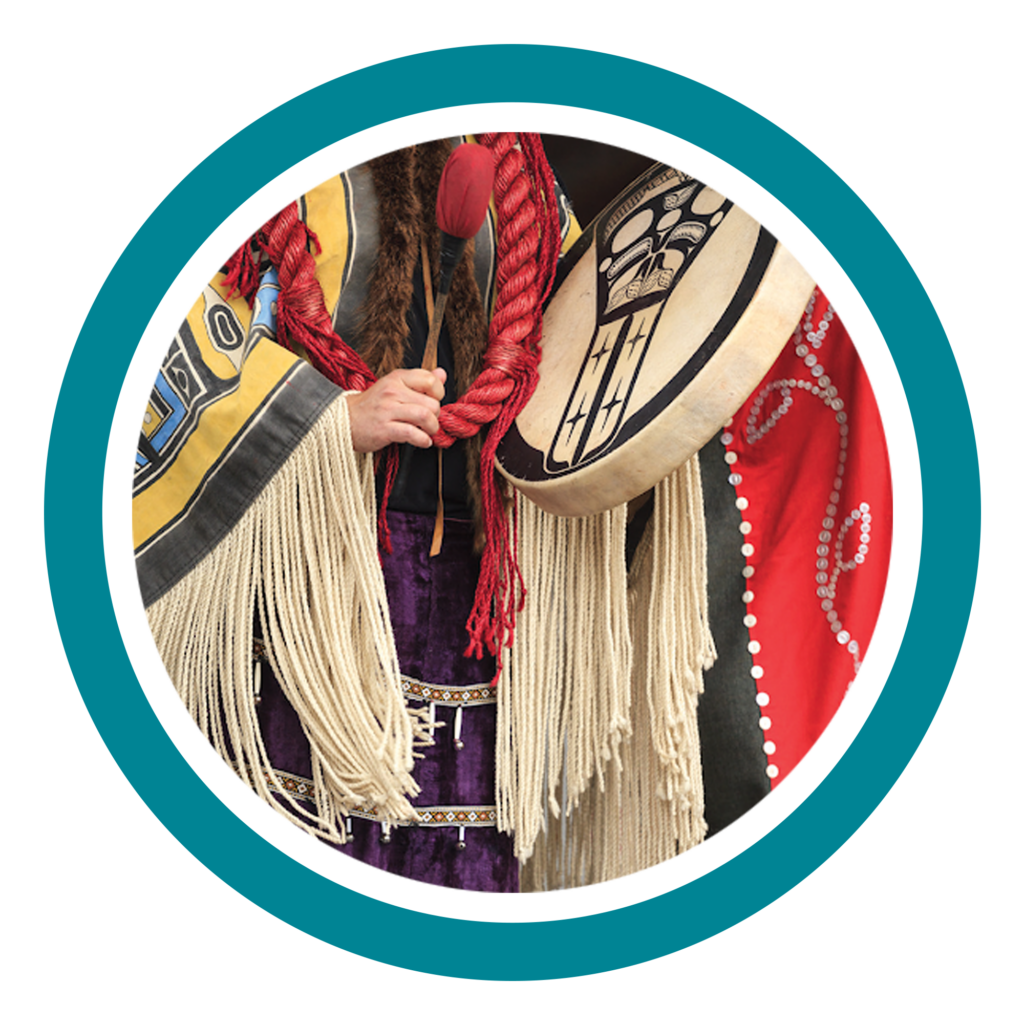
Hello and welcome to Connections Course Two: Comparing Assessment in Early Learning

Continuing the Journey
This course, Connections II Comparing Assessment in Early Learning, builds on the material from Connections I : An Introduction to Assessment in Early Learning. In this course we will examine more deeply a variety of existing assessment practices and consider some alternative assessment practices. We are ready to continue the learning journey.
As in the previous course, the learning is structured in modules that cover distinct topics. We invite you to work at your own pace, and encourage you to complete one module a week if possible, We know your lives are busy, and that some may need a bit longer to complete a module.
Throughout this first course you will be invited to think about assessment holistically; consider the value of using non-standard assessment methods; and reflect on assessment within the context of IELCC settings.
Learning Outcomes: NEW LEARNING OUTCOMES
- Consider the role of educators in the lives of young children
- Describe a holistic interpretation of the term ‘assessment’ as used in early childhood settings
- Consider the importance of a strength-based approach to assessment
- Reflect on the role assessment can play in continuing practices of colonization
- Reflect on the continuum of current assessment practices in Indigenous early years settings
- Recognize the importance of listening and relationship development as cornerstones of learning deeply about children, families, educators and the teaching, learning and care environment
We have endeavored to share Canadian resources and articles that explore this content and where possible we focus on working in an Indigenous context.
We look forward to sharing and learning with you.
Course Content

Course Includes
- 6 Modules
- 17 Lessons

